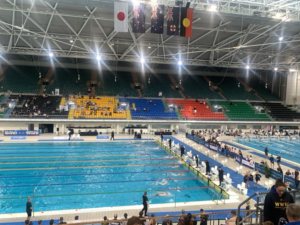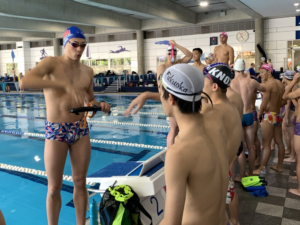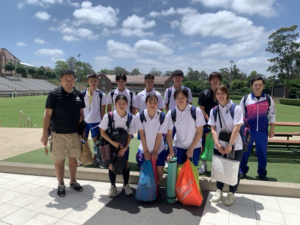September is the beginning of Autumn in Japan and most Japanese rice farmers begin to harvest their paddy fields around this time. For Japan, the self-professed Mizuho no Kuni (rice country), rice growing has been the most important industry since the origin of its civilisation with respective local administrations and governments playing a vital role in the industry, this role expanding in modern times.
After WWII, there was a serious rice shortage in Japan due to the devastation caused by the war. In response to this, the central and local governments carried out significant land reforms where landlords with large holdings of agricultural land were instructed to sell excess land to the government at a fixed price which was then redistributed and sold to individual farmers at the same price. Effective rice growing techniques were also taught to these smaller farmers to allow them to maximise produce. These land reform policies were so successful in increasing rice production that it resulted in a rice surplus.
This prompted the Japanese central and local governments to promote changes from the production of rice to other crops. Additionally, factories and other large employers were encouraged to do business in rural areas to reduce the number of farmers. These measures succeeded and resulted in the steady decrease of farmers and the cultivated area of rice, which eventually led to an increase in abandoned paddy fields.
Local government is the closest tier of government to residents, meaning at the time of these policy shifts they had to shoulder the harder and more direct tasks such as paddy field redistribution and the allocation of new crops to replace rice. Today, Japanese local governments are still faced with the challenge of recruiting farmers to cultivate local agricultural land and simultaneously sustain their economy and environment.
Katsunori Kamibo
Director

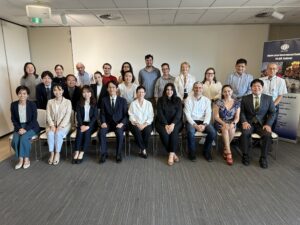
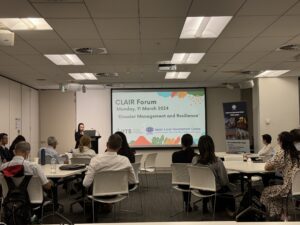
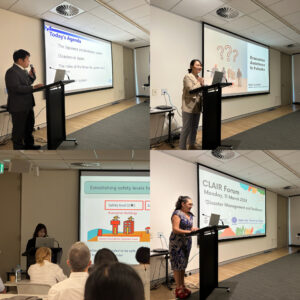
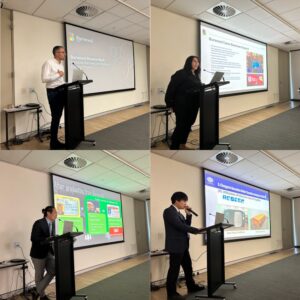
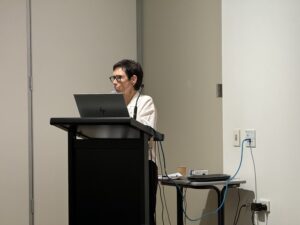
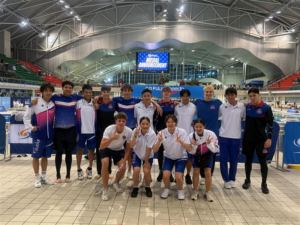 12月3~13日、福岡県水泳連盟の選抜選手8名がNSW州を訪問し、現地の学校との合同練習とNSW州の大会に参加しました。
12月3~13日、福岡県水泳連盟の選抜選手8名がNSW州を訪問し、現地の学校との合同練習とNSW州の大会に参加しました。